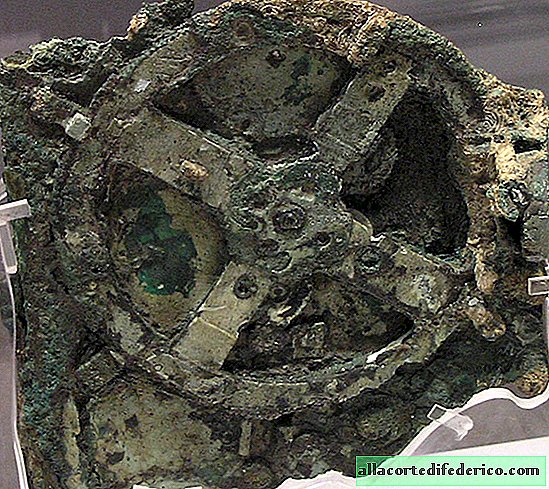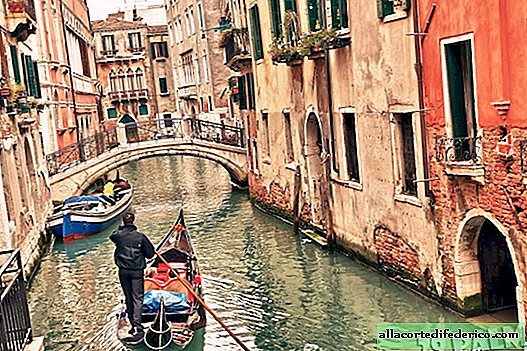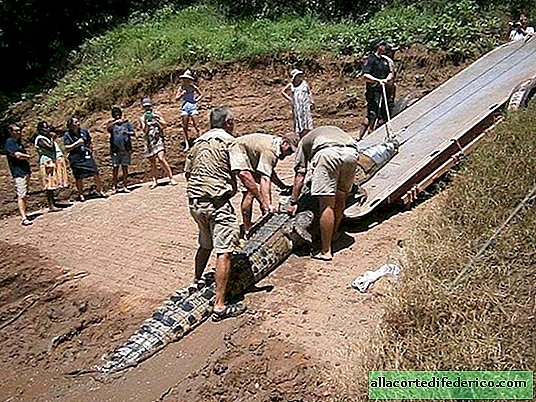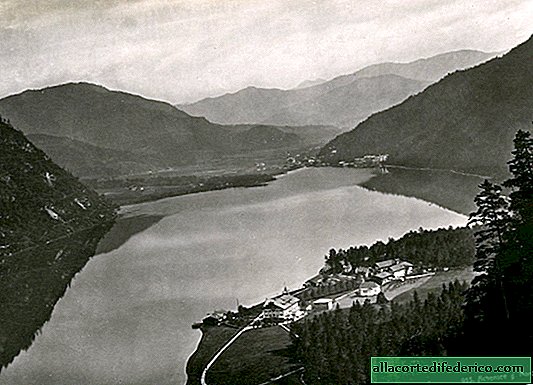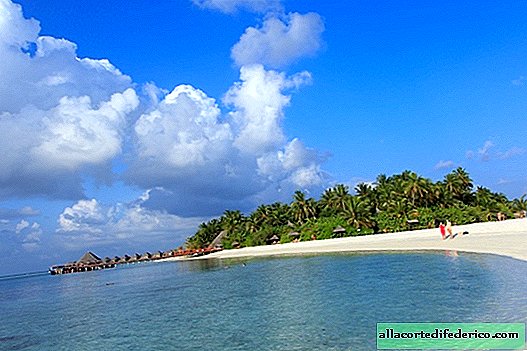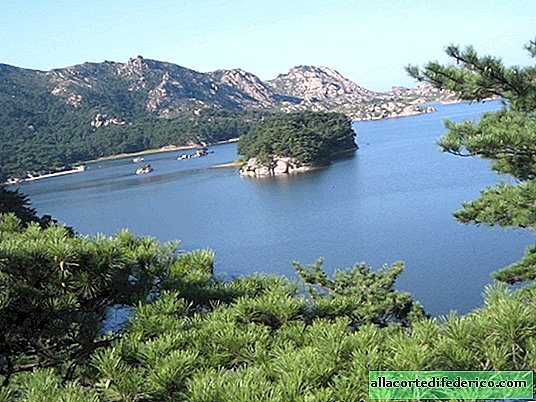Why the era of great geographical discoveries did not begin with the Chinese
In the XV century, decades before the start of the Great geographical discoveries, the Indian Ocean was plowed by squadrons of Chinese huge ships, led by Admiral Zheng He. For almost 30 years, they made 7 expeditions and sailed to east Africa. Researchers say that the expedition was not inferior in scale to Columbus and that the Chinese were quite capable of reaching Europe. However, this did not happen. In 1433, the expedition returned home, and after that not only no more voyages were made, but in general the construction of a fleet was prohibited in the Chinese Empire.
Why did Chinese travel interrupt? Why didn’t they become the ones who opened the era of the Great geographical discoveries, and Europeans, after less than a century, began the colonization of newly discovered lands?
Zheng He Expedition
The period from 1402 to 1435 was very unusual in the entire history of China. Emperor Zhu Di decided to move away from the policy of isolationism in relation to foreign countries and organize sea expeditions to foreign countries.
Why did he need this?
 Emperor Zhu Di
Emperor Zhu DiApparently, he wanted to legitimize his power through foreign recognition of the superiority of the Chinese emperor. It has long been the custom that the smaller states of Southeast Asia paid tribute to the emperor of China in case any other state attacks. In exchange for this, the emperor of China gave gifts to these peoples (and gifts, as a rule, were much more expensive than the entire tribute from the states). This served as an indicator that the Chinese emperor is the most powerful in the world. This system was broken during the Mongol invasion. However, Zhu Di decided to restore it.
In addition, a possible reason was the search for the missing emperor Yunwen - nephew Zhu Di, whom he overthrew from the throne and who allegedly managed to survive. However, many historians do not agree that such motives could lead the emperor.
The commander of the expedition was appointed imperial eunuch Zheng He. Under his leadership, seven expeditions were completed. He reached India, the Persian Gulf, and East Africa. The expeditions themselves were struck by the size of the ships (the best fleet of that time was built in China), by the number of participants (more than 27,000).
 Comparison of the Chinese junky and the ship "Santa Maria", which sailed Columbus
Comparison of the Chinese junky and the ship "Santa Maria", which sailed ColumbusOf all the trips, the Chinese returned, of course, not empty-handed: they brought overseas animals (giraffe, zebras, lions, etc.), food, cultural achievements.
However, the original goal of obtaining tribute from foreign countries was not achieved. Only the southeastern countries went to this. The high cost of the expedition itself and the goods that the Chinese brought with them did not pay off. Although many countries were interested in trade opportunities, they did not agree that China was the center of the world and refused to recognize its superiority.
Difference from European expeditions to new countries
The main difference between Chinese navigation and European expeditions of the late 15th century was that the Chinese did not seek to conquer new countries and peoples, they did not need to build ports or trading posts for trade, and even more so they did not want to spread their religion with fire and sword. The only thing that was required of foreign rulers was the recognition of the supremacy of the Chinese emperor and the sending of gifts to China (to which the Chinese responded with reciprocal gifts).
But for Europeans, in the first couple in all overseas voyages, capital accumulation was important in the first place, so they did not neglect the "selection" of gold, the slave trade, and the extermination of peoples. It was important to establish trade relations and get markets - that's why they founded cities and ports, even if the indigenous population was against it.

I must say that the European discoveries of America, India at the end of the XV-XVI centuries. became a turning point in history: they turned the worldview of Europeans (and even influenced the religious worldview), led to the expansion of trade, the colonization of new lands (and the infringement of indigenous peoples), influenced the development of science and technology. From the era of European geographical discoveries, the beginning of the New Age is being counted.
But the Chinese sea expeditions did not lead to this, and, apparently, they could not. Because they had a completely different character. The Chinese did not need markets so acutely as the Europeans. They were self-sufficient in their state. And sea expeditions were only a temporary turn in the history of China.
What ended
With the advent of the new emperor Zhentong in 1435, the government’s policy regarding naval expeditions changed dramatically. From then on, there will be no more overseas voyages in Chinese history. China will return to the old policy of isolation in relation to foreign powers. And the emperor will not only stop the costly expeditions, but also introduce a ban on the construction of ships. Ships were allowed to be used only for sailing around the Chinese coast. And soon, many documents relating to the voyage of the Chinese admiral will be destroyed.
Why?
 Giraffe brought to China
Giraffe brought to ChinaOn the one hand, the Chinese perception of themselves and their place in the world. China is the center of the world, and why should it not set sail for new lands.
And on the other hand, there have been changes in government policy: according to Confucian ideas, the state should primarily serve the people. And long voyages and trips ruin the already deserted treasury. A lot of money was needed to fight the Mongols, to build the Great Wall of China. In this light, expensive expeditions were seen as meaningless waste.





